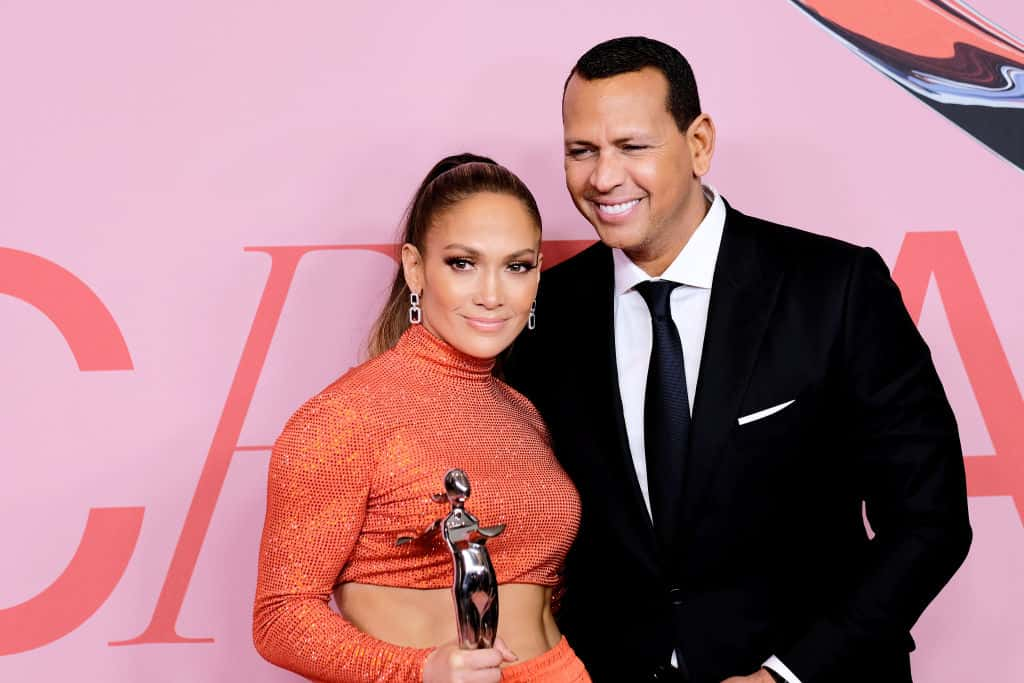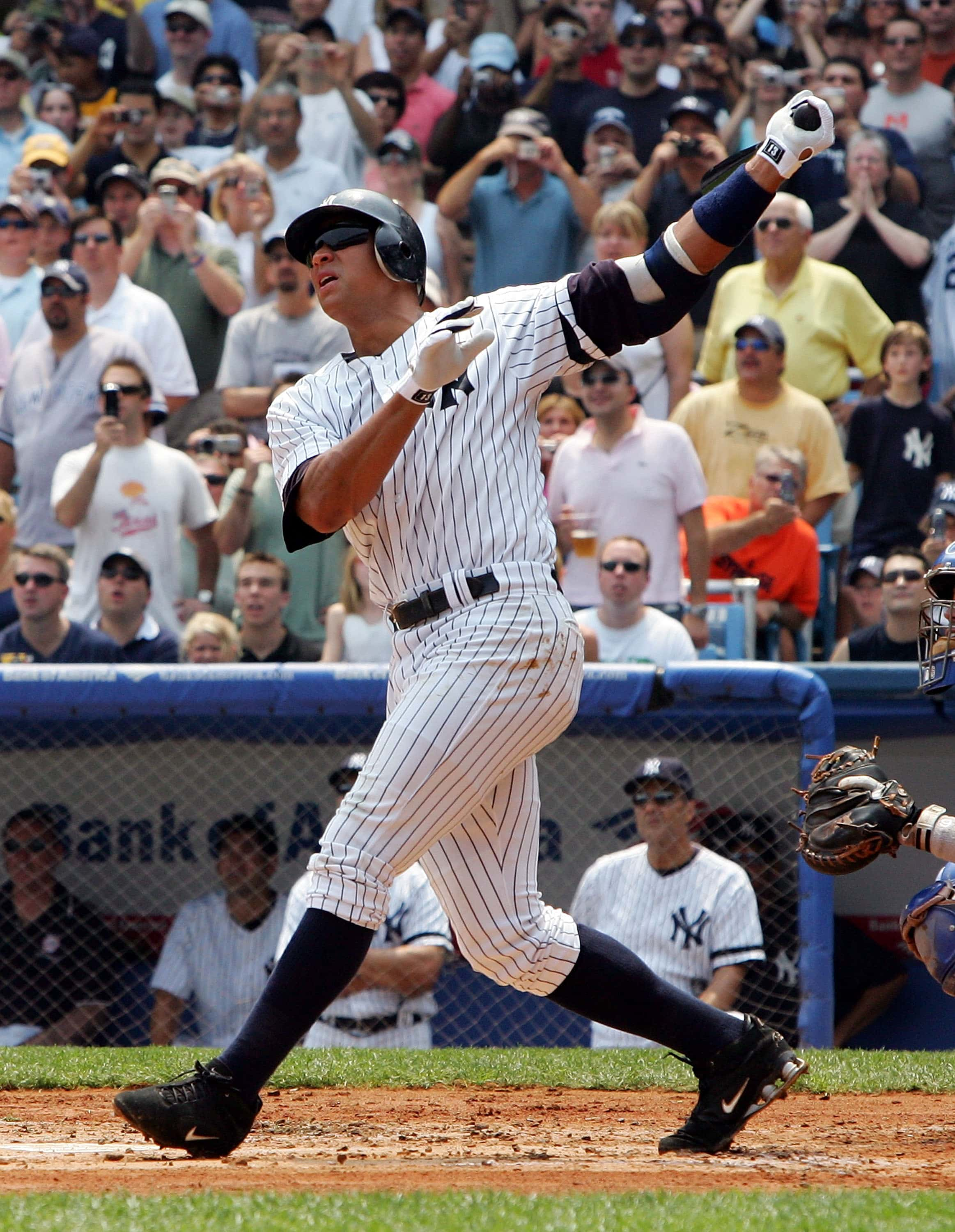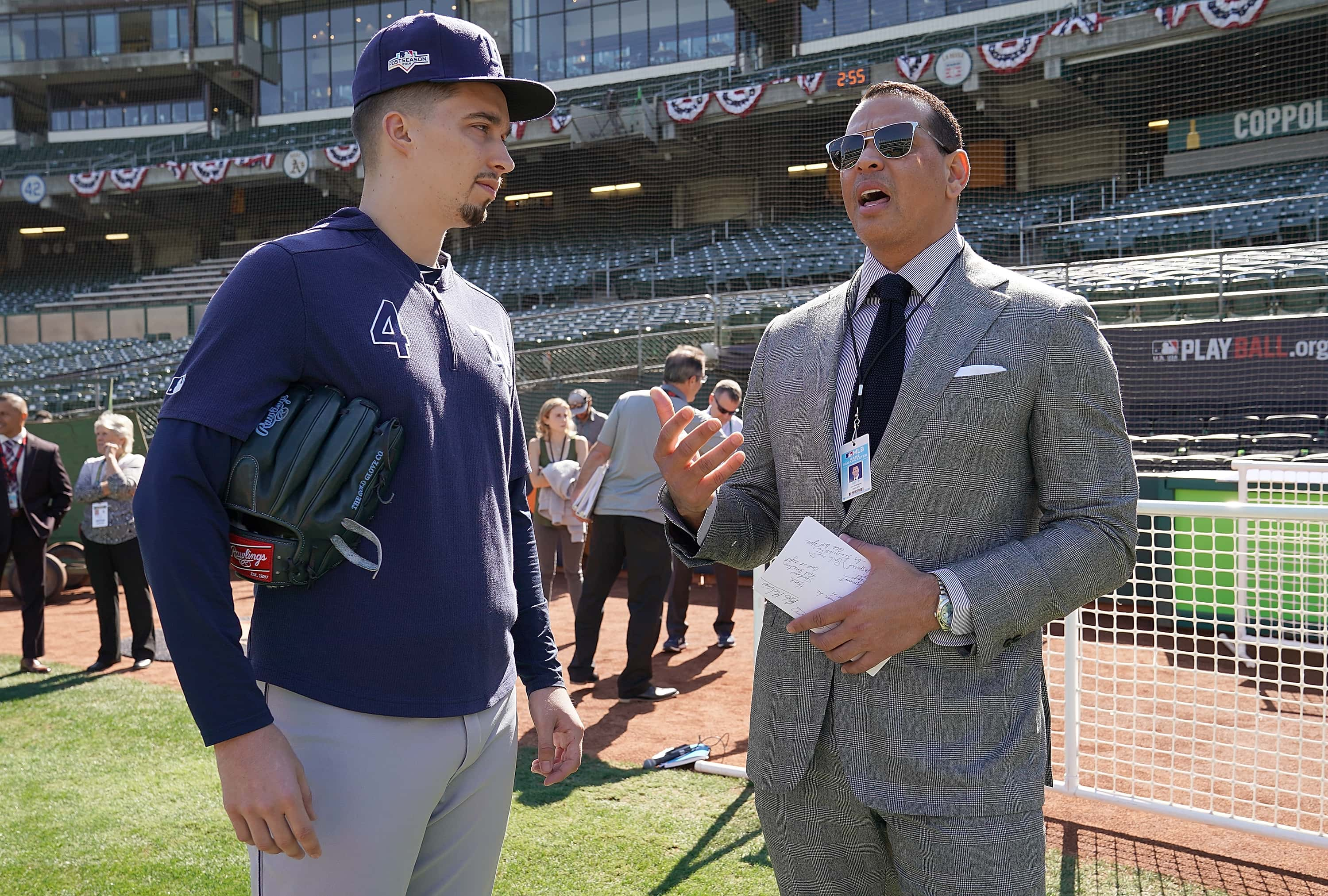Given Alex Rodriguez's history with doping scandals, should he be allowed to own New York Mets?

This week, reports emerged that former baseball player Alex Rodriguez and his fiancée Jennifer Lopez are eyeing a bid to buy the Major Leagues Baseball (MLB) team, New York Mets. However, with Rodriguez's extensive history with using performance-enhancing drugs, should such a sale be allowed?
In an earlier report, we had written that Rodriguez had opened up to 'The Tonight Show' host Jimmy Fallon about his inclination towards launching a future bid for the Mets and also confessed how he grew up a Mets fan before winning a world series with the Yankees. "I will say this, if the opportunity came up (to buy the Mets), I would certainly look at it," he told Fallon. He also went on to say how the 1986 championship-clinching game was one the best nights of his life after the birth of his daughters.
While Rodriguez now has a thriving career as a baseball analyst, commentator and host — and enjoys the limelight coming from being engaged to actor, dancer and singer Jennifer Lopez — it is difficult to erase his baseball career. Even though he was once dubbed the greatest baseball player of his generation, his achievements were marred by cheating scandals.
His playing career had resulted in one World Series title, three MVP awards, 14 All-Star appearances, 696 home runs and earnings of $452M — the most in the history of Major League Baseball.
The Biogenesis scandal, which resulted in Rodriguez's suspension, broke out in 2013 and was the biggest baseball performance-enhancing drugs (PED) scandal, but Rodriguez had been caught using performance-enhancing drugs much before that.

In July 2007, former outfielder and steroid-user Jose Canseco called Rodriguez a "hypocrite" and alleged that the latter was using steroids — something Rodriguez vehemently denied.
In 2009, Sports Illustrated reported that Rodriguez had tested positive for two anabolic steroids, testosterone and Primobolan, during his 2003 season playing for the Texas Rangers. This was the same season in which he captured his first American League Most Valuable Player award, broke 300 career home runs (hitting 47 that year) and earned one of his 10 Silver Slugger Awards.
The same year, Rodriguez told ESPN that he had used PEDs when he first started out, stating, "When I arrived in Texas in 2001, I felt an enormous amount of pressure. I felt like I had all the weight of the world on top of me and I needed to perform, and perform at a high level every day."
In 2003, as the result of a collectively bargained union agreement, there was no penalty or punishment for a positive test during an anonymous drug survey and mandatory drug testing only began in 2004 after more than 5% of the samples taken from players in 2003 came back positive. In 2013, the New York Times alleged that Rodriguez tested positive for a banned stimulant in 2006.
It was the Biogenesis scandal that broke out the same year that catapulted the MLB, Rodriguez and other players of note to infamy. A disgruntled former employee of Biogenesis in America — a health clinic briefly operating in Coral Gables, Florida, specializing in weight loss and hormone replacement therapy — released records of the clinic's real business. These records showed that players such as Rodriguez, Melky Cabrera, Bartolo Colón, Ryan Braun and Nelson Cruz were getting access to PEDs, thanks to an unlicensed doctor.

Over the next two months, MLB suspended 14 players. Meanwhile, penalties for getting caught increased. First-time offenses went from 50 to 80 games, while second-time offenses went from 100 games to an entire season. Any offender caught doping is now ineligible for that year's playoffs, no matter when the infraction occurs.
For a long time, Rodriguez insisted he was innocent and even alleged that the MLB engaged in a "witch hunt" to get him out of baseball when he sued the league in 2013. Rodriguez and his team voluntarily dropped the suit in February 2014.
In 2019, Billy Corben's documentary on the scandal titled 'Screwball' released and oddly, news of Rodriguez's engagement to Lopez broke a day after the trailer for the documentary released. In an interview with Rolling Stone, Corben described the scandal as “Florida f**kery distilled — like freebasing Florida f**kery and crony capitalism".
Although Rodriguez has since apologized for his role in the Biogenesis scandal, Corben was suspicious of Rodriguez's image rehab. Corben told Rolling Stone, "This is the guy who was never beloved. He was booed by his own fans, for crying out loud. Without so much as a mea culpa tour, he hasn’t rehabilitated his image, he’s created an entirely new one that never existed before."
In August 2013, Rodriguez was suspended through the 2014 season (211 games at the time of the decision), but was allowed to play in 2013 pending his appeal of that decision. His suspension was upheld in January 2014 after being allowed to play in the 49 games between the decision and the hearing, technically reducing the suspension to 162 games. In July 2014, Rodriguez was sued by his lawyers for $380,000 in unpaid legal fees.

In November that year, it was revealed that Rodriguez had admitted to the Drug Enforcement Administration that he had used performance-enhancing drugs as early as January of the same year — and Rodriguez got immunity from prosecution.
Many have also called into question MLB's handling of the Biogenesis scandal, suggesting that the MLB's actions were motivated to save face rather than to take serious action on the use of PEDs among players.
Given Rodriguez's lengthy history of association with PEDs, it stands to question whether the one-time-great baseball player ought to be given the power of owning an entire baseball team and whether the MLB would even allow it.
However, with Rodriguez's new image and with Lopez's name included in the deal, it stands to reason that the MLB would be okay with Rodriguez being one of the owners of the New York Mets, even if that may leave baseball lovers with a sour taste in their mouths.
As 'Screwball' filmmaker Corben said on the Biogenesis scandal, "When Alex was useful as a heel, he was the villain. When Bud Selig needed to salvage his own reputation as the steroid commissioner and was trying some kind of redemption and legacy-saving measures, Alex was the villain. And now that Bud Selig’s gone, (current commissioner) Rob Manfred, who was responsible for this entirely botched, potentially illegal investigation of Biogenesis, ascends (within MLB) into a position of power and decides, "Oh, Alex is an ally." They let bygones be bygones now? Like after the s**tshow that they put each other through? It certainly goes to show how not legitimate MLB’s concerns are about steroids and shooting up in baseball, because it’s obviously good for business."










